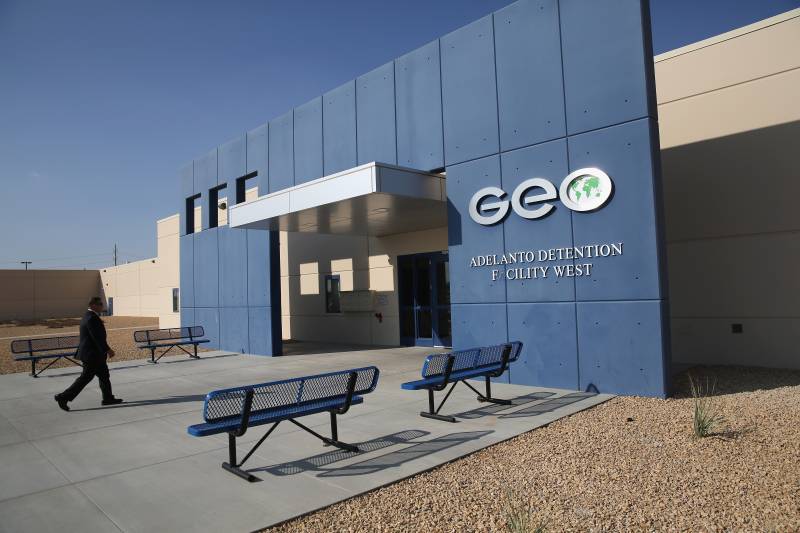A split federal appeals court in California ruled on Tuesday that a state law banning private detention facilities can't be enforced because it likely will intrude on the immigration authority held by the federal government.
The 2-1 decision from the U.S. Court of Appeals for the 9th Circuit also reverses an earlier trial court's dismissal of prior challenges to California's AB 32.
Gov. Gavin Newsom signed the ban into law in 2019. It sought to curtail California's cooperation with the federal government on immigration detention by slowly closing private detention facilities in the state by 2028.
A lawsuit challenging the rule was brought by the Trump administration and GEO Group, a company that operates two private immigration detention centers. The Biden administration pursued this lawsuit after Donald Trump left office, despite campaign promises by Biden that he would close privately run detention centers.

